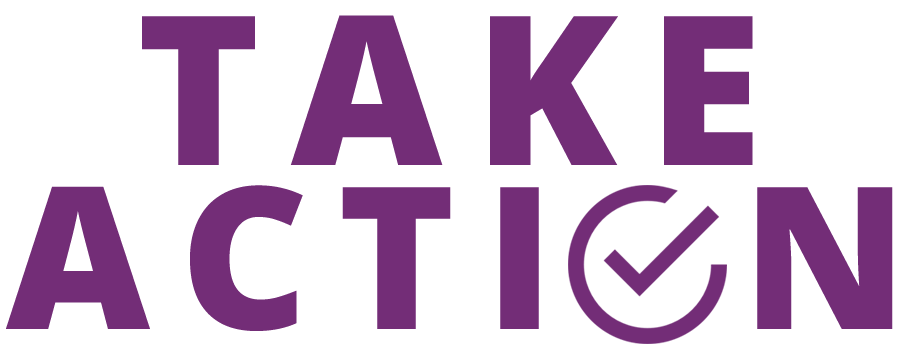How does the government work?
Questions answered in this section
Who actually makes decisions in the government?
What is the difference between parliament, an MP, and a department?
The ins and outs of how the Government actually works is a mystery to most people, and is not actually super relevant to a lot of advocacy work. If you're keen to learn about the details of Parliament, The Senate, and all the pomp and ceremony that comes with it, have a look at the Parliamentary Education Office.
The main three entities you want to understand are:
- Members of Parliament
- Ministers
- Departments
These three groups exist, independently, at both the state and federal level.
Members of Parliament are elected by people in a local area to represent their interests at either a state or federal level. MPs are responsible for passing legislation, introducing bills, and debating important issues. This means that when it comes to making changes about something you care about, MPs are very good people to talk to.
As well as MPs, State and Federal governments have representatives in the upper houses.
Ministers are MPs (or Senators) who have an additional job of looking after a particular area of interest. They allocate funding, determine strategy, and are responsible for the effective running of a department. A minister is like a CEO of a company for the area they cover. An example of a minster is the NSW Minister for Education.
Government Departments are responsible for doing the day-to-day work required to carry out what has been agreed on in parliament and by ministers. Their funding is decided in parliament, but they operate completely independently and give expert advice on how to best achieve the plans laid out for their department.An example of a government department is the NSW Department of Health.


